Regime change at the Globe. The new boss, Michelle Terry, wants a 50/50 ratio of males to females in each production. Rather eccentric. Why cast a drama to reflect the distribution of sexual organs across the general populace? Imagine hiring an orchestra to represent the ratio of citizens who can play an instrument. And didn’t the process of examining actor’s genitals at auditions land Harvey Weinstein in a spot of bother? Ms Terry’s gender fixation is called, curiously enough, ‘gender-blind casting’. She inaugurates her reign at the Globe by offering us a production of Hamlet in which, perhaps with a nod to gender-blind casting, she plays the lead.
No one but Ms Terry would have hired Ms Terry for this role. She’s a decent second-tier actress without any special vocal or physical endowments. Her distinctive features are a toothsome grin and a habit of squinching up her eyes and blinking like an anxious governess unexpectedly robbed of her sunshades while surveying the pyramids. Replacing the prince with a princess costs the play much of its logic, dramatic force and suspense. It’s no longer a murderous tussle between two medieval schemers, armed to the teeth and trained to kill, who might at any moment fall to blows or to deadly swordplay. It’s something else, something decorative and strange, a confection of visual experiments with a few good touches.
Richard Katz is brilliant as Polonius. James Garnon’s Claudius is an irascible fop, which is highly amusing but he lacks any sense of menace or thuggery. The play scene is badly botched. Perhaps something went wrong on press night, when half the action was omitted. Hopefully this can be fixed. If left unaltered, it will mystify newcomers to Hamlet. Ms Terry seems ill at ease as the star. In the opening scenes she wears a bobble hat and black Primark urban wear which make her look like a homeless Oasis fan. After assuming the ‘antic disposition’, she puts on fresh togs and appears in an off-white Andy Pandy suit with a clown’s make-up. This disguise relaxes her noticeably and she finds some of the Dane’s melancholy, exuberance and wit. She’s all right. Ophelia is played by the lanky and angular Shubham Saraf, who stands five inches taller than Ms Terry. The designers have sheathed him, neck to ankle, in a green frock. Naughty prank. Costumiers know perfectly that a vertical block of uninterrupted colour accentuates the height and slimness of the human figure so this long robe makes Mr Sharaf appear to tower even higher over the petite Ms Terry. Laertes (Bettrys Jones) is tinier still so the joke pays rich dividends. Wardrobe departments all over London will be guffawing discreetly at this subtle act of sabotage. The world-class comedian Pearce Quigley enters the play as Barnardo and gets an astonishingly big laugh by simply stating his name. Sadly, his Rosencrantz is ruined by his partnership with Nadia Nadarajah, who plays Guildenstern as a victim of hearing loss. The cast make light of her affliction with over-enunciations and exaggerated hand gestures that crudely lampoon sign language. Hamlet is the most enthusiastic of the satirists. Why? There’s nothing in the text to suggest that the prince enjoyed poking fun at Elsinore’s disabled community. Perhaps it’s a weird form of retaliation. A note in the programme urges critics to describe Ms Nadarajah as ‘Deaf’ (with a capital D), as if she were a figure of awe and mystery like Snow White or Mother Nature. The desire to be revered is always the birthplace of mockery.
Jeff Dunham is a superstar ventriloquist. His website claims that ‘nearly a billion’ people have watched him on the internet. He tours the world non-stop. I saw him at Wembley Arena where the cheapest seats cost more than 50 quid. His act lasts three hours, although he devotes the first 30 minutes to improvised chitchat with the audience. Comics love this kind of banter because it burns up stage time, it’s a useful way to slip in new or newish material, and it puts off the deadly moment when the set material has to be recited. Again! Most comedians despise their best routines.
Dunham’s set involves a handful of all-American stereotypes like Walter, the cynical curmudgeon, and Bubba J, the loveable hillbilly. The character that made him a star is Achmed, a crazed Islamist, whose yellow eyes swivel madly as he issues absurd threats in broken English. ‘Silence! I kill you.’ Crowds all over the world pay huge sums to hear this minuscule soundbite. Surely Achmed is a racist stereotype? Yes, but the puppet is a skeleton who speaks to us from the afterlife, and his sobriquet is ‘the dead terrorist’. Jeff Dunham deserves high praise for turning four words into a world-conquering career. He’s not even a very good ventriloquist which, in my estimation, makes him even more brilliant.
Got something to add? Join the discussion and comment below.
Get 10 issues for just $10
Subscribe to The Spectator Australia today for the next 10 magazine issues, plus full online access, for just $10.
You might disagree with half of it, but you’ll enjoy reading all of it. Try your first month for free, then just $2 a week for the remainder of your first year.

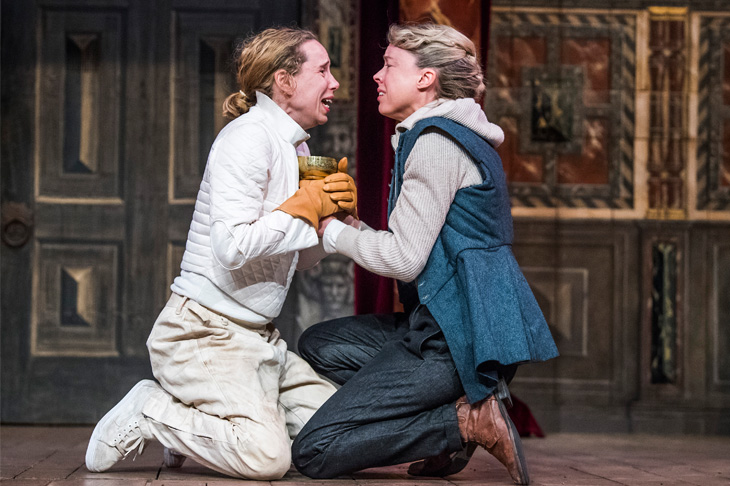


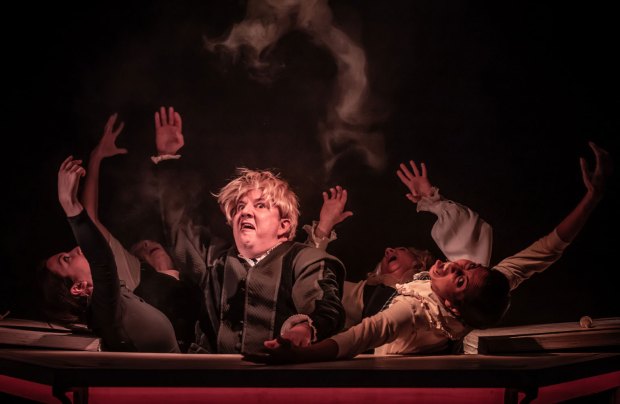
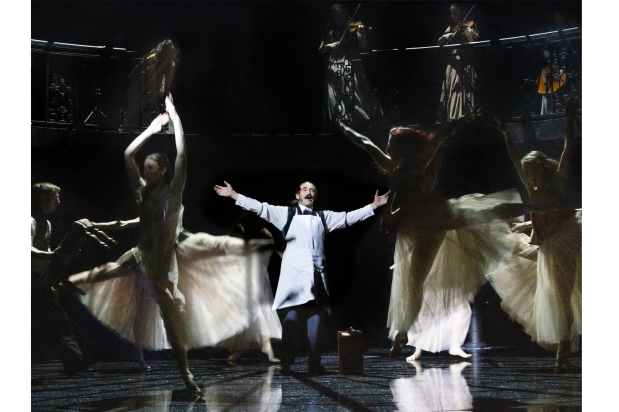
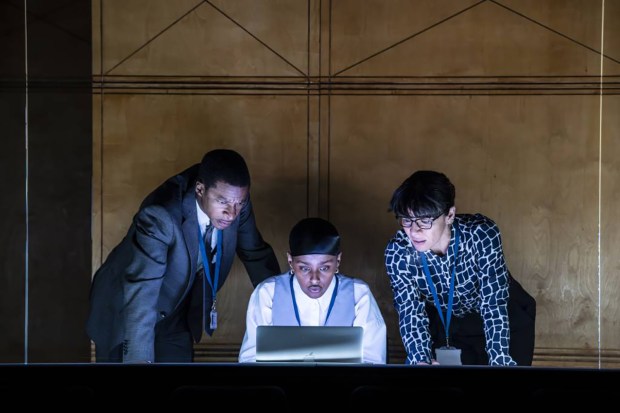
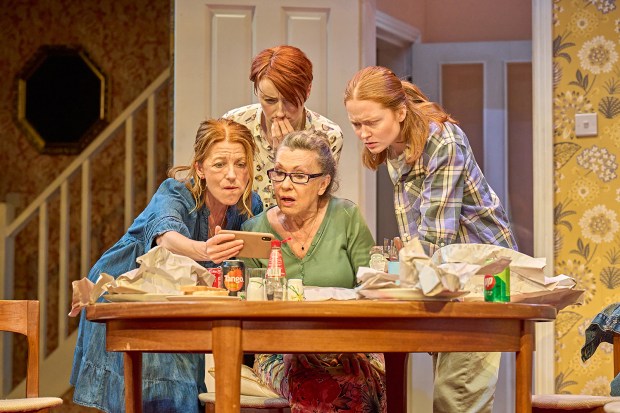






Comments
Don't miss out
Join the conversation with other Spectator Australia readers. Subscribe to leave a comment.
SUBSCRIBEAlready a subscriber? Log in